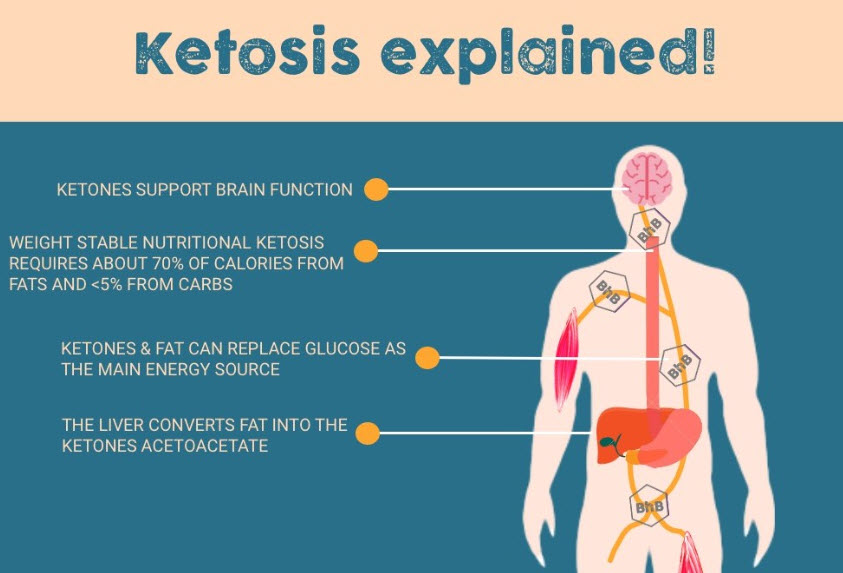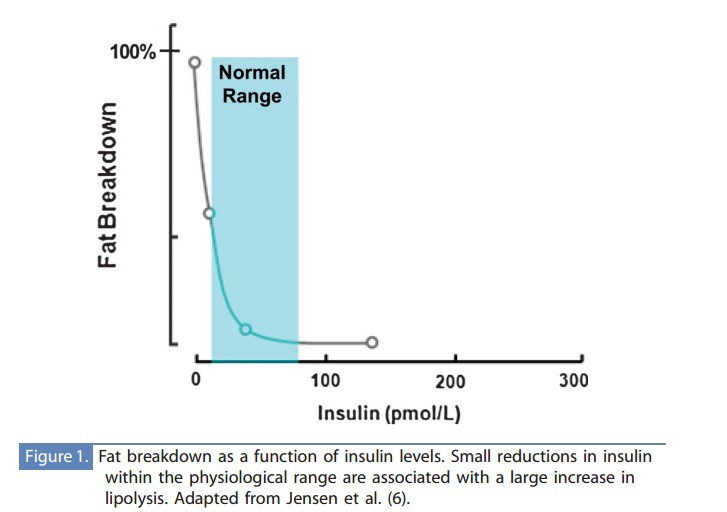
Intermittent fasting is a popular way to lose weight and improve your health. But if you’re not sure whether it’s right for you, it’s best to talk to your doctor or dietitian before trying it out.
During your eating periods, it’s important to eat a well-balanced diet that includes protein, healthy fats and complex carbohydrates. These foods will help you feel satisfied and avoid snacking on unhealthy foods.
How Does Intermittent Fasting Impact Blood Pressure?
Hypertension is a common condition, and it can cause serious problems for the heart and other vital organs. In general, blood pressure should be maintained at 120/80 mmHg or less.
Intermittent fasting can lower your blood pressure. It is thought that this effect occurs because the arteries are not as stressed, and that they can more easily absorb nutrients from food.
Several studies have demonstrated that intermittent fasting reduces your blood pressure and can improve other health markers, even in the absence of weight loss. However, it is important to remember that you should always consult a doctor before beginning any new treatment or diet plan.
A recent study from Baylor College of Medicine found that a one-day intermittent fasting program results in a change in blood pressure, does not cause hypotension and is tolerated favorably in obese patients with hypertension on stable antihypertensive therapy. Regardless of the type of fasting program you choose, be sure to keep your BP within the recommended range by checking it regularly.
How Can Intermittent Fasting Benefit Blood Pressure?
High blood pressure is a common health concern, particularly in the elderly. This condition can increase your risk of stroke and heart disease.
Fortunately, there are many ways to lower your blood pressure, including diet and lifestyle changes. One of the most popular dietary approaches is intermittent fasting, which involves limiting your calorie intake to certain hours of the day.
Intermittent fasting has been linked to a number of health benefits, and some studies have even shown that it can help reduce the risk of stroke and heart disease.
Another benefit of fasting is that it can improve insulin resistance, which often leads to high blood pressure. When insulin levels are low, your kidneys excrete sodium and water more effectively.
Intermittent fasting can be beneficial for lowering your blood pressure, but it’s important to discuss the risks and benefits with your doctor before trying it. Also, be sure to drink plenty of water when you fast so that you don’t become dehydrated.
How Can Intermittent Fasting Benefit Cardiovascular Health?
In addition to being a good way to lose weight, intermittent fasting can also be beneficial to cardiovascular health. It can help reduce inflammation, improve insulin sensitivity, and lower blood pressure.
In fact, some studies have found that IF can be even more beneficial to heart health than losing weight. It can also help regulate your blood sugar and insulin levels, which can decrease your risk of diabetes and heart disease.
The best type of intermittent fasting is one that allows you to eat normally for a period of time each day, and then limits your food intake to 25% of your normal calories for another period of time. This is called the 5:2 diet, and it has been shown to be very effective in helping people lose weight while lowering their cholesterol and triglycerides.
In one study, patients with obesity and multiple disease risk factors who did this once a month lost about 12 pounds in just 8 weeks. In addition, their total cholesterol, "bad" LDL cholesterol, and triglycerides all decreased. They had lower systolic and diastolic blood pressure as well.
What Are the Side Effects of Intermittent Fasting?
If you’re considering intermittent fasting, it’s important to understand the side effects of this type of diet. Depending on the plan you choose, you may experience symptoms such as headaches, dizziness, nausea, or irritability.
These side effects are typically caused by dehydration and electrolyte imbalances. Make sure to drink plenty of water and calorie-free drinks, such as herbal teas, throughout the day during your fasting periods.
Also, keep in mind that a dehydrated body can lead to poor sleep and fatigue. This can make it difficult to get up and go to work in the mornings or complete your other daily activities.
The decrease in blood sugar caused by fasting can also cause anxiety and irritability. This is because the body’s stress hormone, cortisol, becomes elevated. This can increase cravings and make it more difficult to stick with the diet.
Frequently Asked Questions
How much weight should you lose in a week with intermittent fasting?
Is it possible to calculate how much weight you should try to lose each week by doing an intermittent fast? It takes thoughtful thought to find the right answer.
Balance is the key. To set too high goals can lead burnout and injury. When planning your weight loss goals, consider lifestyle factors such as adequate sleep, nutrition, and hydration. While counting calories may be an effective tool, it should not be your only focus.
Be aware of the realistic results. Losing more weight than 1-2 kilograms per day can cause strain on the body. However, trying to lose less weight could have minimal to no visible results. The body can also be measured to monitor progress, in addition to simply looking at the scales.
Talk to a qualified dietitian or other health professional regularly for support and guidance. Talking to an objective person can help you ensure that your goals are safe and reachable with sustainable results.
How to do Intermittent Fasting for Beginners?
Intermittent fasting can seem overwhelming. But understanding how intermittent fasting works can make it easier to begin.
First, decide which type of fasting you'd like to do. There are three primary types of intermittent fasting: time-restricted fasting, the 16/8 method, and the 5:2 diet. The 16/8 method is a time-restricted fast that restricts your eating habits to certain hours per day. While the 16/8 means you can eat meals in a short 8-hour period and skip meals the rest of the day, the 16/8 way involves eating meals only within those hours. The 5 to 2 diet includes two days of calorie restriction per week with normal eating on the rest.
Secondly, set yourself up for success by stocking up on nourishing foods that are easy to make and convenient to eat when hunger strikes. This includes nutrient-rich proteins such as eggs, fish, beans, and pulses; healthy fats from nuts and seeds or olive oils; high-fibre carbohydrates like quinoa or buckwheat; and various fresh fruits and vegetables to get your daily dose of vitamins and minerals.
After planning your meals, plan how to handle social pressure when dining out with family or friends since self-control is key when on an intermittent fast lifestyle. Flexibility is important when staying focused on your goals. So, try to include sweet spot meals that give you more satisfaction but don't overcomplicate the work done in the previous weeks and months.
To maintain your motivation levels high, keep track of your progress, including body fat and measurements around the waistline and hips.
What do the studies say about intermittent fasting, weight loss and weight gain?
The potential benefits of intermittent fasting can be amazing for weight loss. Studies suggest that varying your eating patterns throughout the day may benefit overall health and weight management. Research also indicates that structured fasting can help boost metabolism, reduce food cravings, promote fat burning and reduce inflammation.
Intermittent fasting, which is based on several physiological processes, is an interesting concept that can improve health outcomes and help you lose weight. Recent studies have linked this practice with better insulin sensitivity, improved cellular repair processes, boosted hormone balance and metabolic functions, plus favourable changes in bacterial populations.
These changes offer promise for anyone looking to change their lifestyle or add an additional tool to help them lose weight. People seeking to manage long-term goals will benefit from increased energy and mental clarity.
Evidence pointing to positive hormone balance via fasting protocols, which keeps hunger hormones in check and prevents overindulgence or deprivation, is equally impressive. This allows for maximum caloric intake, while also allowing you to maintain your exercise program goals.
The scientific research that supports intermittent fasting's impact on long-term wellness goals and the results of scientific research makes it simple to develop a plan of action that works.
Can intermittent fasting help to shed belly fat?
Questioning the status quo is key to finding solutions. Traditional wisdom says that exercise and caloric restriction is essential for losing belly fat. Recent research shows that intermittent fasting is a faster and more effective way to lose belly fat.
Intermittent eating means that food is only consumed within an 8-12-hour period each day. Between meals, there are 12-16 hours of fasting. Intermittent fasting means that you don't have as many calories to count or portions as when you are restricted by calorie counts.
Intermittent fasting can be more efficient than any other method of weight loss when done properly. It can also improve mental clarity, digestion, decrease inflammation, and lower the risk of developing chronic diseases such as type 2 diabetes.
Plus, the practice requires little effort from the user -- just set a timer for when you eat and then stay away from food until the timer goes off again! For those looking for a straightforward solution to belly fat reduction and improved health outcomes, intermittent fasting proves to be one of the most efficient ways to do so.
Intermittent fasting is a great way to jumpstart your weight loss journey, but it's important to remember that it's not a miracle cure. Still, it's important that you eat healthy and nutritious foods and exercise regularly. Additionally, if you have any underlying medical conditions or are pregnant or breastfeeding, it's best to consult your doctor before starting a new diet.
Statistics
- Fat consumption was examined in 1 study, which compared dietary fat intake of 45% versus 25% at the expense of carbohydrate intake. (ncbi.nlm.nih.gov)
- IF participants) IF resulted in weight loss, ranging from 0.8% to 13.0% of baseline body weight (Table 1). (ncbi.nlm.nih.gov)
- In 2018, 63.1% of Canadian adults were overweight or obese. (ncbi.nlm.nih.gov)
- consumption was examined in 1 study, which compared dietary fat intake of 45% versus 25% at the expense of carbohydrate intake. (ncbi.nlm.nih.gov)
External Links
sciencedirect.com
doi.org
- Clinical management of intermittent fasting in patients with diabetes mellitus
- 24-Hour Fasting for Diabetes: Guide to Physicians Advising Patients on Medication Adjustments Prior to Religious Observances (or Outpatient Surgery Procedures) Grajower - 2011 Grajower – Diabetes/Metabolism Research & Reviews - Wiley Online Library
pubmed.ncbi.nlm.nih.gov
- Intermittent fasting and diabetes: What role does it play in treatment? PubMed Review of the Literature and Guide for Primary Care Physicians - PubMed
- Daily Fasting Improves Health & Survival in Male Mice Independently from Diet Composition or Calories – PubMed
ncbi.nlm.nih.gov
- Intermittent energy restriction improves weight loss efficiency in obese men: the MATADOR study - PubMed
- INTERMITTENT FASTING and HUMAN METABOLIC Health - PMC
How To
You can do both exercise and intermittent fasting.
The key to unlocking the ultimate fitness program is to focus on details that are often forgotten. The key to achieving great fitness is not only about burning calories, but also how they do it.
Smarter eating habits can help you maximize your workouts and protect your health. Intermittent fasting and exercising are great ways to do this.
Both of these methods will help you set yourself up for success by controlling hunger and food temptation while still seeing the results you desire. These two methods work in tandem to deliver amazing metabolic benefits.
Intermittent Fasting is a way to stimulate fat oxidation using hormone levels. This can be combined with regular exercise and research has shown it to be an effective tool in weight loss. This practice allows you to switch up your body's energy source so that stored fats are more accessible for fuel during your workout sessions-- making each session more effective!
You can increase your intensity of exercise and intermittent fasting by reducing your caloric intake. However, this will not compromise energy or performance. This combination may reduce muscle protein damage due to exercise and reduce free radical damage caused by exercising hard and often.
So get ready to start experimenting with this powerhouse combination and take charge of transforming your body today!
Resources:
 |
How To Do Intermittent Fasting For Health - Dr Sten Ekberg Wellness For LifeHow To Do Intermittent Fasting For Health and Long Lasting Weight Loss. Learn what is intermittent fasting and how to do it without feeling hungry. You will |
 |
What are BENEFITS of Intermittent Fasting?Some research suggests that intermittent fasting may be more beneficial than other diets for reducing inflammation and improving conditions associated with |
 |
[Doctorly Unhinged - EP1] Ozempic Woes, DEBUNKING Intermittent Fasting, and the DANGERS of ManicuresSUBSCRIBE TO OUR PODCAST! https://doctorly.podlink.to/unhinged Is this trending medication that’s been touted to cause dramatic weight loss changing |
 |
The Good Life: Intermittent fasting: Ideal for weight loss?We decode the hype around one of the most popular eating methods for weight loss. Is intermittent fasting for everyone? #thegoodlife #intermittentfasting |
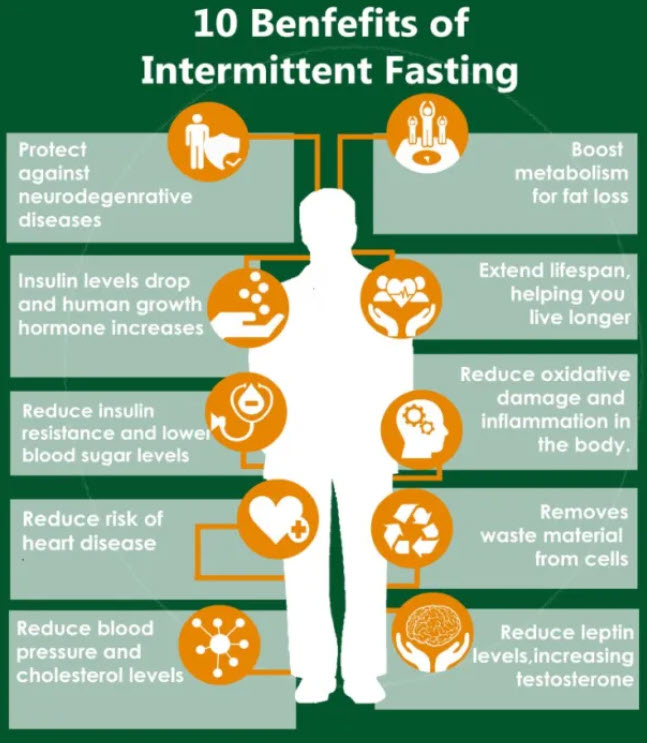 |
Intermittent Fasting For Weight LossWeight loss with Ketosis |
 |
Intermittent Fasting: A Two-Month Experiment. Does It Work? | Talking Point | Full EpisodeAfter drinking sugar-laden bubble tea three times a week for a month for an earlier Talking Point episode, host Steve Chia is ready to lose the weight he |
 |
Intermittent Fasting May Have Health Benefits Beyond Weight Loss | TODAYAccording to an article in the New England Journal of Medicine, new evidence suggests that intermittent fasting could provide many health benefits beyond |
 |
Don’t know whether to cut or bulkDon’t know whether to cut or bulk |
 |
What’s your favorite way to eat chicken?What’s your favorite way to eat chicken? |
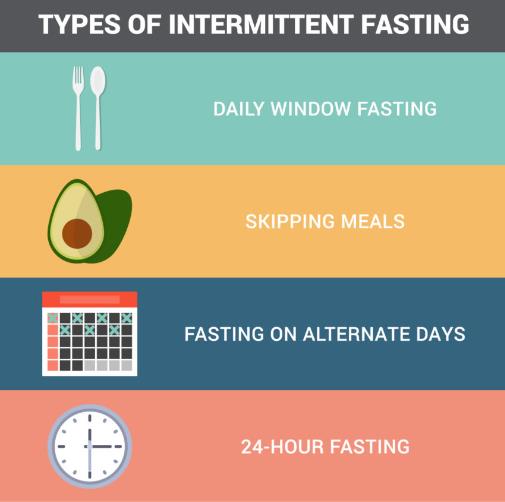 |
Intermittent Fasting For Pregnant WomenWhile intermittent fasting for pregnancy has its benefits, it can also be dangerous. Read on to learn more about the risks and benefits of.. |
 |
Intermittent Fasting TESTED - 30 Day Before & AfterGo to https://NordVPN.com/goalguys and use code GOALGUYS to get a 2-year plan plus 1 additional month with a huge discount. It’s risk-free with Nord’s 30-day |
 |
Intermittent Fasting and Low-Carb DietIf you want to lose weight, try combining intermittent fasting with a low-carb diet. Both methods help you lose fat and control health conditions... |
 |
Intermittent Fasting Guide for 2022 | Doctor Mike HansenIntermittent Fasting Guide for 2022 | Doctor Mike Hansen Did you know that it's been predicted that by 2030, more than half of the U.S population will be |
 |
How to do Intermittent Fasting: Complete GuideJoin my Email List: https://www.thomasdelauer.com Check out Thrive Market: http://ThriveMarket.com/Thomas Follow More of My […] |
 |
How Autophagy WorksAutophagy is a dynamic degradation system that promotes tumor survival. It also promotes the growth of established tumors and facilitates metastasis. .. |
 |
Intermittent Fasting Myths - Top 5 | Jason FungI cover the most important myths about intermittent fasting and why they are not true. Check out my website at https://www.doctorjasonfung.com and blog at |
 |
Intermittent Fasting 8/16You may have heard of the intermittent fasting 8/16 or 12/12 time restriction. This type of fast requires you to go without eating or drinking for.. |
 |
Intermittent Fasting For WomenSide effectsWomen who are looking for a way to lose weight can try intermittent fasting. However, there are several side effects to this type of.. |
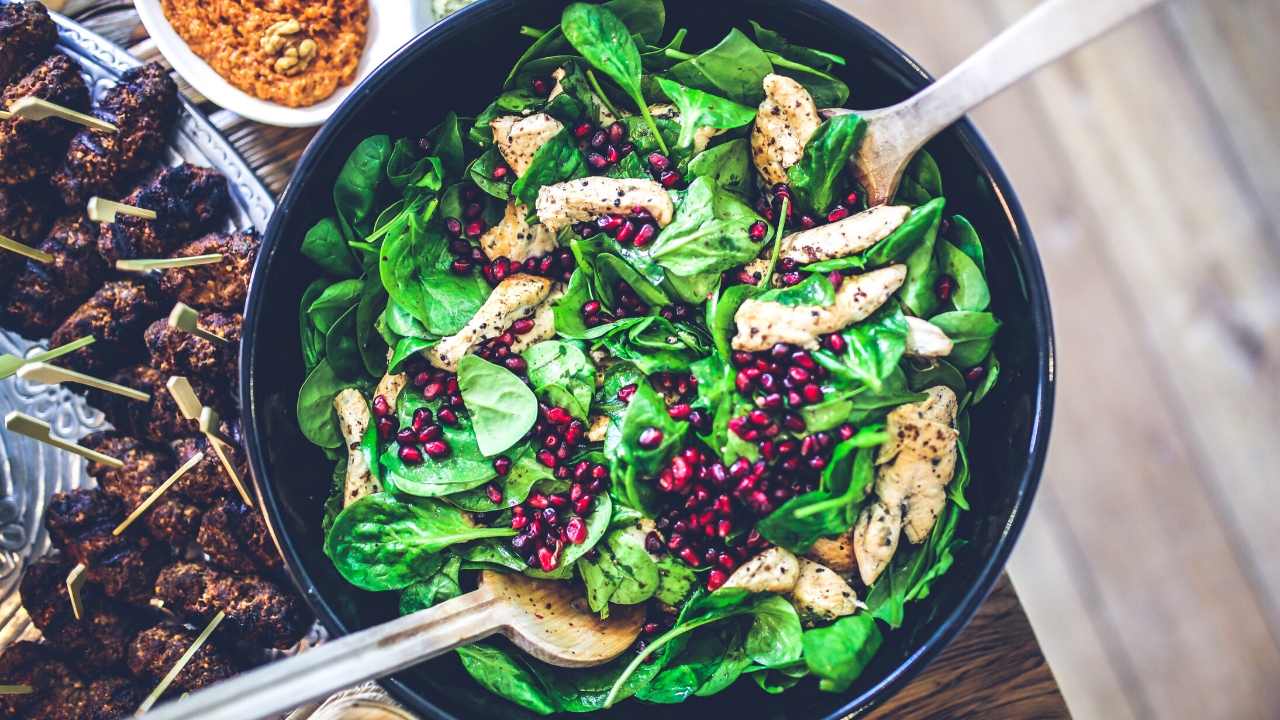 |
How Much Cholesterol in a DayHow much cholesterol in a day depends on a number of factors. While dietary cholesterol is not necessarily bad, excess intake can lead to serious.. |
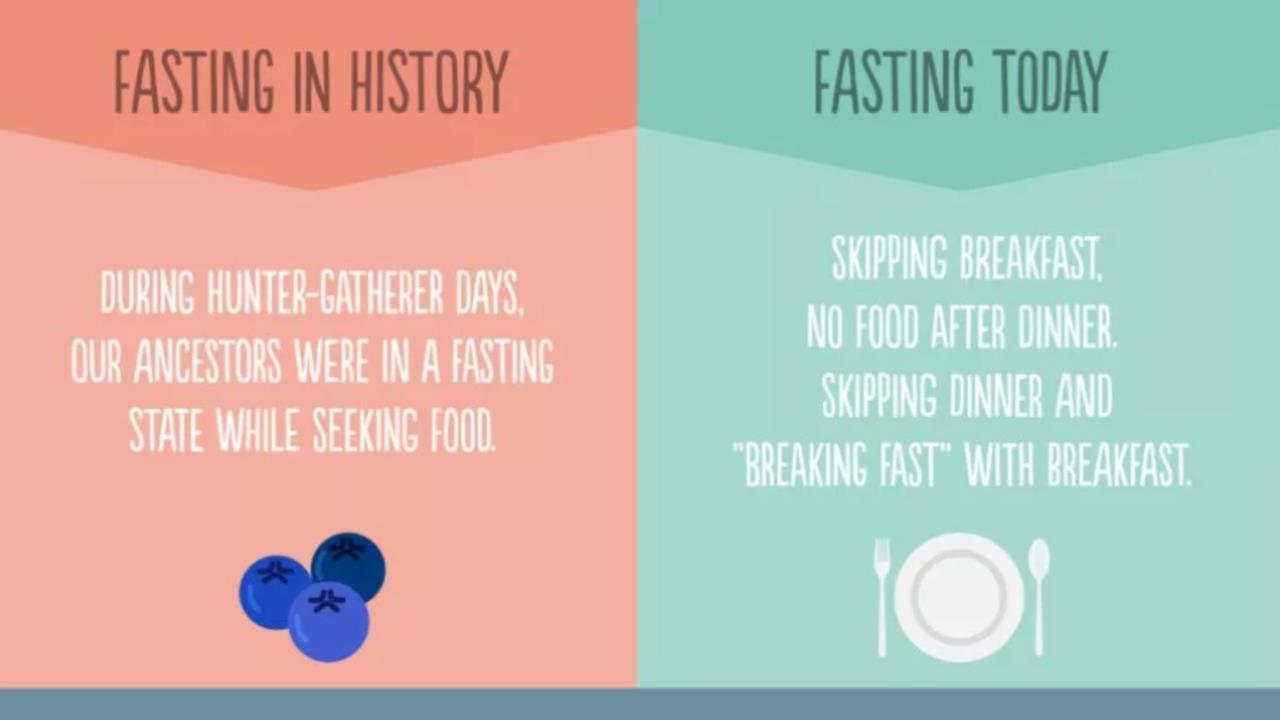 |
Is Skipping Breakfast Right For You?Skipping breakfast has a number of benefits, including the ability to lose weight, improve training performance, and increase growth hormone levels... |
 |
The Benefits of the AIP DietThe AIP diet has a number of health benefits. Besides reducing inflammation and weight, this diet also provides essential nutrients. These include.. |
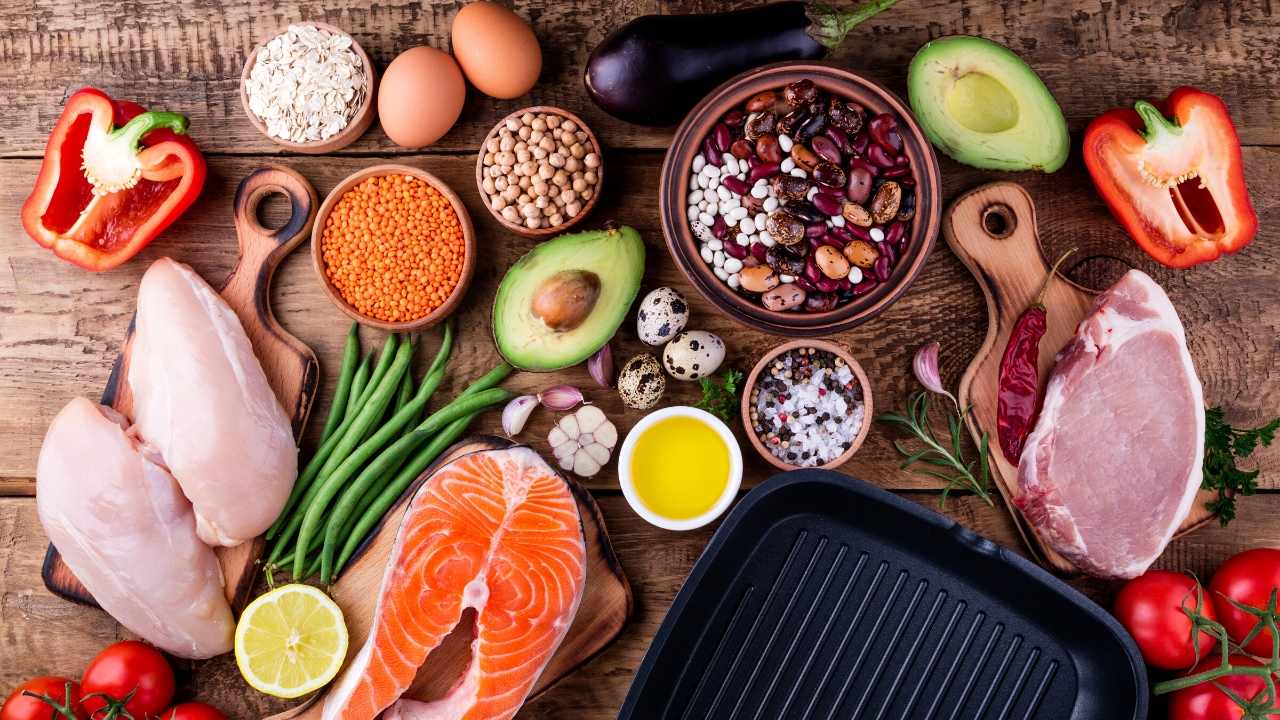 |
Is Eating Only One Meal A Day a Good Idea?Eating only one meal a day is not a good idea, and it is not sustainable for most people. It may help some people lose weight, but for the average.. |
 |
What Are the Side Effects of Water Fasting?Water fasting is a form of fasting, where a person consumes only water during a period of time. It may be undertaken for medical reasons or for.. |
 |
Intermittent Fasting and Blood PressureResearchers have discovered that intermittent fasting may have positive effects on blood pressure. Blood pressure affects the risk of heart disease,.. |
 |
Intermittent Fasting For Weight LossAll you need to know about Intermittent fasting and weight loss |
 |
Is it Okay to Drink Coffee on Intermittent Fasting?You might have heard that it's okay to drink black coffee on intermittent fasting. But did you know you can also enjoy a cold brew? What about.. |
 |
How to Start Fasting 48 HoursIf you are considering fasting 48 hours, here are some of the benefits. There are also a few precautions you should keep in mind before you begin. In |
 |
A Psoriasis Diet Can Help Reduce the Severity of Your PsoriasisA psoriasis diet should consist of eating foods that are rich in vitamin A and C, as well as avoiding sugars and processed foods. Avoid eating red.. |
 |
The DASH Diet to Prevent HypertensionThe DASH diet is an eating plan that was developed by the National Heart, Lung, and Blood Institute. It focuses on fruits and vegetables, low-fat.. |
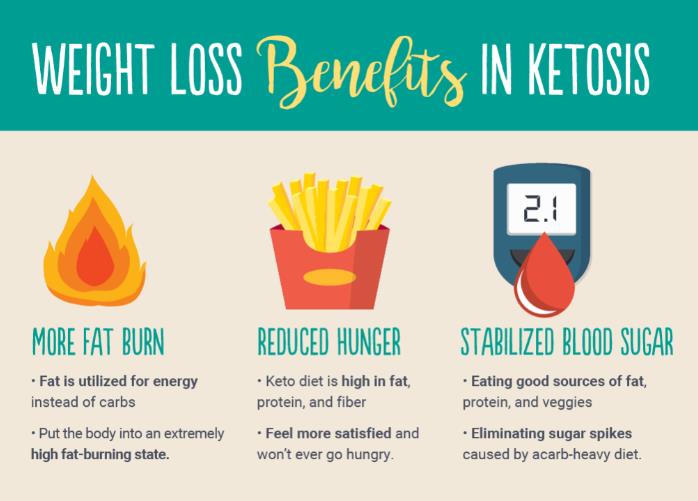 |
LIFE Fasting Tracker - LIFE Apps | LIVE and LEARNThe best, and free, intermittent fasting tracking app for iPhone and Android. Easy to use. Supports all fasting types. Fast with friends. Download for Free. |
 |
Intermittent Fasting AppsIf you're on an intermittent fasting regimen, it's important to keep track of your food and exercise intake. Several apps can help you stay on track.. |
 |
Time Restricted EatingIf you're interested in losing weight or improving your health, you may want to try Time-restricted eating or intermittent fasting. Read on to learn.. |
 |
Reactive HypoglycemiaThere are several different ways to treat reactive hypoglycemia. The first step is to reduce or eliminate your caffeine and alcohol intake. You may.. |
 |
Low-Carb Meal PlansLow-carbohydrate meal plans are based on limiting the amount of carbohydrates you eat. Instead, you replace foods that are high in carbohydrates with |
 |
Intermittent Fasting: What is it, and how does it work?Intermittent fasting involves switching between fasting and eating on a regular schedule. This type of fasting could manage your weight or even some forms of |
 |
How Autophagy WorksAutophagy is a dynamic degradation system that promotes tumor survival. It also promotes the growth of established tumors and facilitates metastasis. |
 |
The 12-Hour Fast - What Are the Benefits of a 12-Hour Fast?The 12-hour fast is a popular dietary approach that can help you lose weight. It forces your body to rely on its stored fats for energy. It has also.. |
 |
Fasting Before Working OutFasting before a workout has its advantages. Not only does it provide more energy during a workout, it can also help with digestion, which can take.. |
 |
Healthy Ways to Lose WeightLosing weight is a great way to improve your health and reduce your risk of certain conditions. It can also reduce your total cholesterol levels and.. |
 |
Intermittent Fasting 101 — The Ultimate Beginner's GuideThis is a detailed guide to intermittent fasting (IF). Studies show that it can help you lose weight, improve health and perhaps even live longer. |
 |
Top Intermittent Fasting AdvantagesThere are many advantages to intermittent fasting as a strategy for weight loss. Intermittent fasting can work with any diet... |
 |
Weight Loss (Low Carbohydrate Diets)Low carb diets have often been used throughout history for weight loss. Although sometimes called a fad, low carb diets have actually more science... |
 |
The Key Factors of Weight LossWeight gain and obesity, like any medical disease, is multifactorial. This means that there are many factors that cause weight gain... |
 |
How Doctors Lose WeightHow do doctors lose weight? For their patients, doctors often advise following standard diets, but when trying to lose weight themselves... |
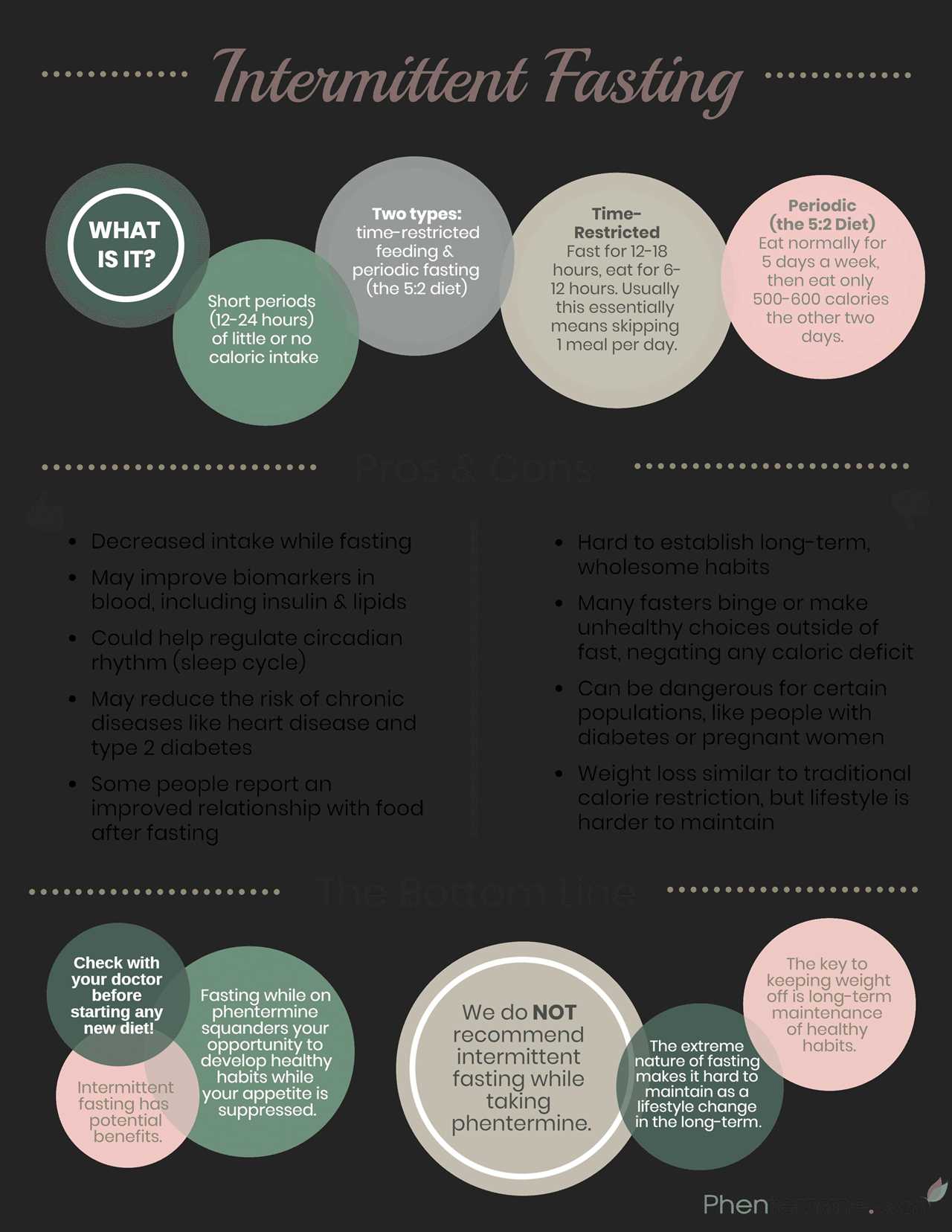 |
Is intermittent fasting good for you?Intermittent fasting isn't new, but it's gaining followers. What's the appeal? |
 |
Vacation Weight Loss PlanWhat is the best vacation weight loss plan? Most people [...] |
 |
Should I (lean-) Bulk or Cut?Should I (lean-) Bulk or Cut? |
 |
100lbs down!100lbs down! |
 |
Calculating the Maintenance calories on workout and rest daysCalculating the Maintenance calories on workout and rest days |
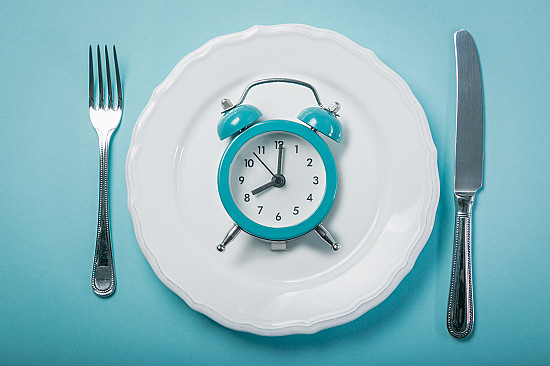 |
Intermittent fasting: The positive news continues - Harvard HealthHarvard research about Intermittent fasting ... |
 |
Rat Model: Intermittent Fasting Normalizes High Blood Pressure Induced by Harmful Intestinal BacteriaPrevious studies have shown that a harmful combination of gut bacteria can cause high blood pressure (hypertension) in humans and other animals. Having a |
 |
Your D-I-E-T Meditation PlaylistIn my TEDx talk, I suggest recasting the noxious word “diet” into D-I-E-T — a reminder to ask ourselves “Did I Enrich Today?” One of the ways we can enrich…The |
 |
Holiday Health (Damage Control)With the holidays on us, maybe your intermittent fasting schedule isn’t as rigorous as it once was. That’s not necessarily a bad thing, because social |
 |
You Got a Zero.Zero’s not been my hero. Through grade school and college, zeroes used to be something of a monster in my mind. Teachers illustrated just how bad a zero is |
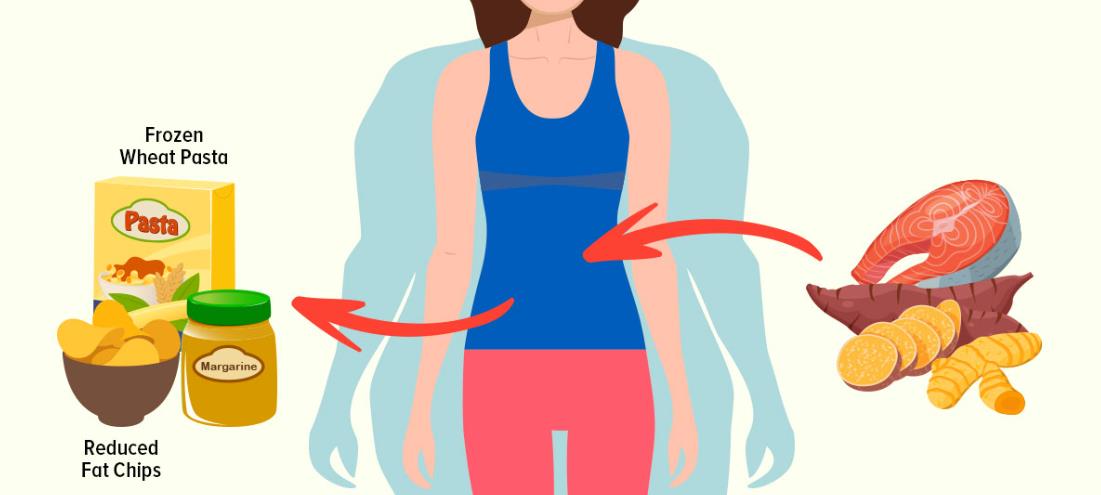 |
Six ways to do intermittent fasting: The best methodsIntermittent fasting is an increasingly popular diet option for weight loss. There are several programs, but this guide can help you find out which one is |
 |
Intermittent Fasting ExperiencesI took part in an energetic discussion of intermittent fasting experiences as part of the release of Women Action Takers Who Gained By Losing for which I wrote |
 |
How to Break a Fast: What to Eat After FastingHow to Break a Fast: What to Eat After Fasting Written by Stephen Anton PhD on May 15th, 2022 How to break a fast? This is an excellent question and one |
 |
How to Believe in Yourself: 10 Tips for Becoming Your Best SelfHow to Believe in Yourself: 10 Tips for Becoming Your Best Self Guest Post by William Anton PhD on June 12th, 2022 William D. Anton, Ph.D is a renowned |
 |
36-Hour Fast (Monk Fast): Everything You Need to Know36-Hour Fast (Monk Fast): Everything You Need to Know Written by Stephen Anton PhD on July 5th, 2022 The 36-hour fast is a challenging fast in that it |
 |
Diet A to Z: Intermittent FastingThe two-day-a-week diet: How intermittent fasting can help you lose weight and boost your health. |
 |
18/6 Intermittent Fasting: Is It the Right Plan for You?18/6 Intermittent Fasting: Is It the Right Plan for You? Written by Stephen Anton PhD on November 29th, 2022 Intermittent fasting has become one of the |
 |
20/4 Intermittent Fasting: The Pros and Cons of a Longer Fast20/4 Intermittent Fasting: The Pros and Cons of a Longer Fast Written by Stephen Anton PhD on January 25th, 2023 There are so many different approaches to |
 |
Everything you need to know about the OMAD dietThe one meal a day (OMAD) diet is a type of time-restricted eating intermittent fasting protocol that involves—you guessed it—eating just one meal a day and |
 |
The ultimate guide to intermittent fasting 20/4When we’re trying to lose weight, we usually think about what we can and can’t eat. Bye-bye beer and burgers. Helloooo carrots and kale! But with intermittent |
 |
The Flexitarian Diet — A Beginner’s Guide by SimpleFrom workouts to working hours, most of us enjoy a little flexibility. So it’s no wonder that when it comes to what we eat, a little wiggle room goes a long |
 |
The Mediterranean diet for weight lossPeople have loved the Mediterranean diet for many years. It’s not a “weight loss diet,” per se. It’s just how people in places close to the Mediterranean Sea |
 |
The complete guide to 18/6 intermittent fastingIntermittent fasting (IF) regularly shows up as many health-seekers’ go-to eating plan, and for good reason. Research suggests that it could have a profound |
 |
The Impact of Different Drinks during Intermittent Fasting: Benefits, Downsides, and ResearchA common dietary strategy called intermittent fasting (IF) alternates between periods of fasting and eating. Apart for water, black coffee, and tea, people |
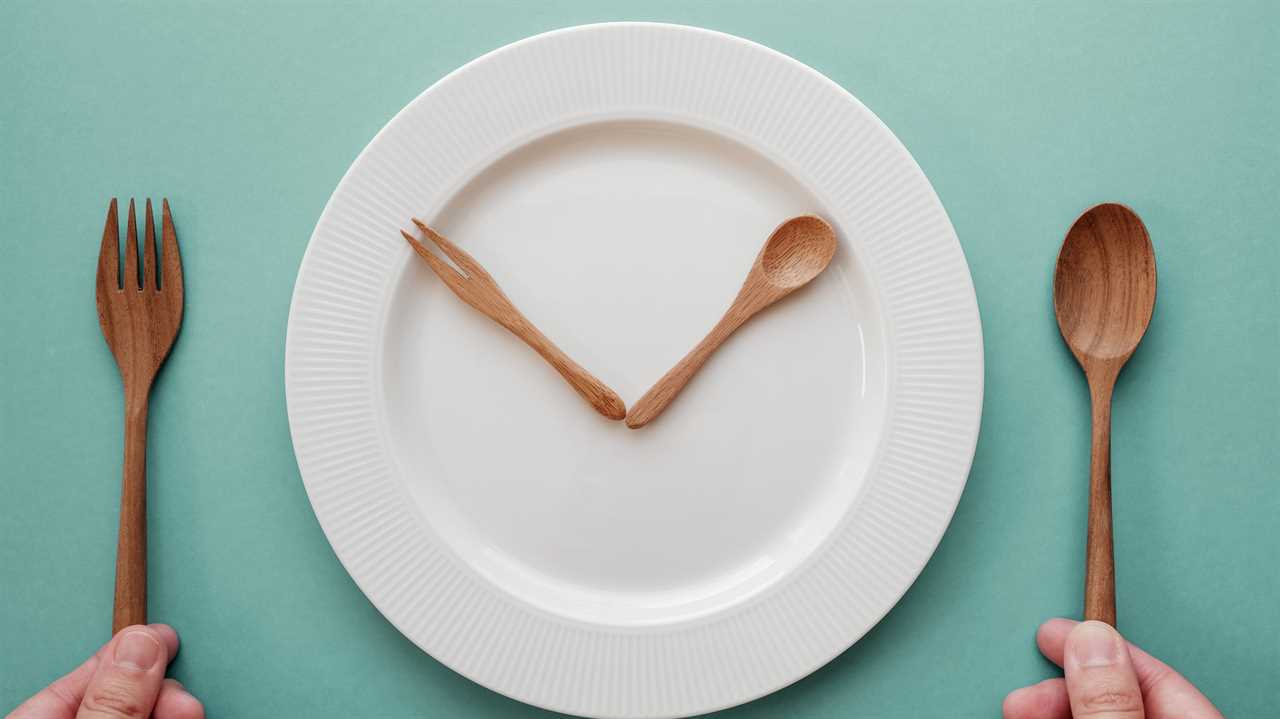 |
Intermittent fasting (IF): Your complete guide - Diet DoctorIntermittent fasting is popular, effective, and easy. This guide tells you how to get started with a successful intermittent fasting routine. |
 |
Intermittent Fasting and Muscle Gain: Benefits, Downsides, and ResearchA common dietary strategy for people who want to increase their muscle mass while also aiding fat loss is intermittent fasting (IF). Although IF has mostly |
 |
Burning Belly Fat: Intermittent Keto vs Intermittent Fasting – Which is More Effective?Visceral fat, commonly referred to as belly fat, is the fat that builds up around the midsection and is associated with a number of health issues, such as |
 |
When you’re ill, is intermittent fasting safe? Precautions and considerations.Those who want to reduce weight, get healthier, or even live longer are increasingly following the trend of intermittent fasting. Yet if you’re sick, you might |
 |
When Intermittent Fasting Stops Working: Reasons, Solutions, and EffectivenessRecently, intermittent fasting has become more well-liked as a technique to reduce weight, enhance general health and longevity, and even improve mental |
 |
5 Intermittent Fasting Methods, ReviewedIntermittent fasting comes in many shapes and forms. This article reviews its pros and cons so you can decide if it's worth a try. |

